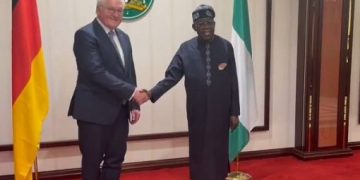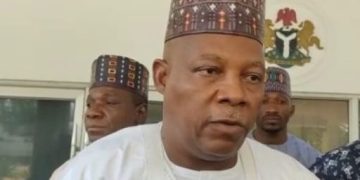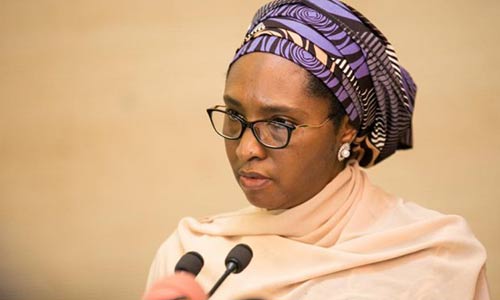The Federal Government has obtained $800 million from the International Bank for Reconstruction and Development (World Bank) to provide post-petroleum price palliatives for more than 50 million Nigerians advance of the June 2023 deadline.
This was disclosed to State House reporters on Wednesday, following this week’s Federal Executive Council, which was headed by President Muhammadu Buhari at the Aso Rock Villa in Abuja.
According to Ahmed, the $800 million represents the first tranche of palliatives set to be distributed in cash to 10 million families.
She said, “There’s a provision (of the Petroleum Industry Act) that says 18 months after the effectiveness of the PIA that all petroleum products must be deregulated. That 18 months takes us to June 2023.
Also, when we were working on the 2023 Medium Term Expenditure Framework and the Appropriation Act, we made that provision to enable us exit fuel subsidy by June 2023.
“We’re on course, we’re having different stakeholder engagements, we’ve secured some funding from the World Bank, that is the first tranche of palliatives that will enable us give cash transfers to the most vulnerable in our society that have now been registered in a national social register.
Read Also: Court remands Eze Igbo for threatening to invite IPOB members to Lagos
“Today, that register has a list of 10 million households. 10 million households are equivalent to about 50 million Nigerians.”
When asked how much funding the FG received from the World Bank, the minister said, “$800m for the scale-up of the National Social Investment Programme at the World Bank. And it’s been secured, it’s ready for disbursement”.
However, she noted that the FG must raise more resources to enable it to do more than cash transfers.
According to her, wide-ranging negotiations are underway to deploy non-cash palliatives such as a “mass transit” system for workers’ daily commute.
“So there are several things that we’re still planning and working on, some we can start executing quickly, some are more medium-term implementation.
“There are a lot of discussions going on at different levels, including with members of the transition committee of the incoming government,” she added.
The Minister of Labour and Employment, Dr Chris Ngige, had said the incoming administration would bear the brunt of providing palliative measures for millions of Nigerians ahead of the discontinuance of petrol subsidy in June 2023.
















